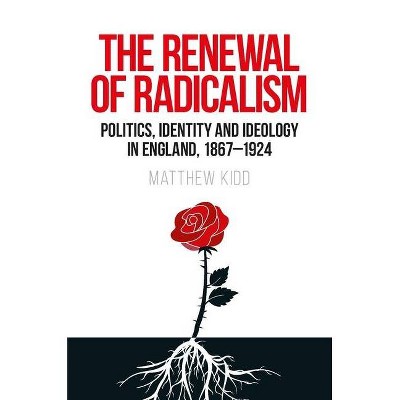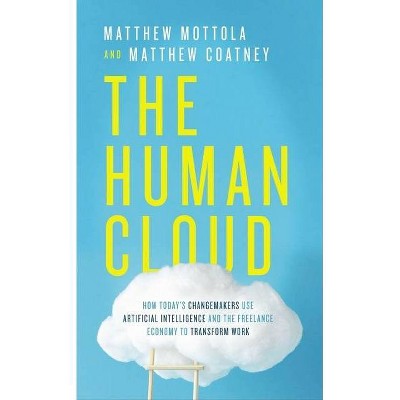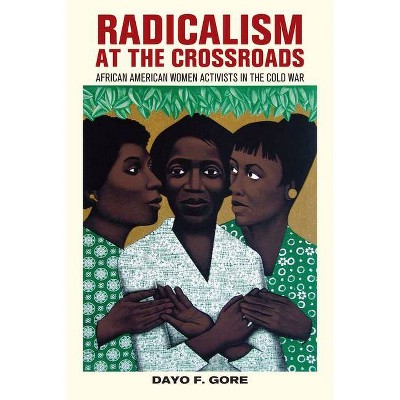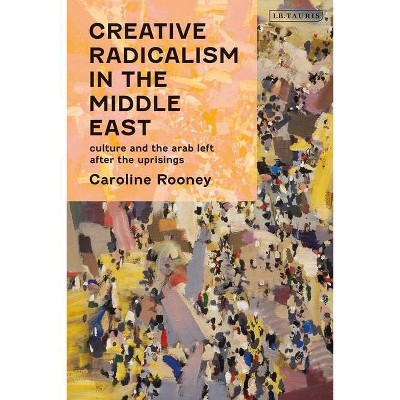The Renewal of Radicalism - by Matthew Kidd (Hardcover)

Similar Products
Products of same category from the store
AllProduct info
<p/><br></br><p><b> About the Book </b></p></br></br>Kidd<i> </i>argues that emergence of Labour politics in southern England represented the renewal of the working-class radical tradition. Mapping the trajectory of Labour politics from its mid-Victorian origins to the 1920s, the book offers a new narrative that challenges conventional understandings of politics, identity and ideology in modern England.<p/><br></br><p><b> Book Synopsis </b></p></br></br><i>The renewal of radicalism</i> maps the trajectory of Labour politics from its origins in the mid-Victorian tradition of working-class radicalism through to its emergence as a major electoral force in the 1920s. Focusing on largely neglected areas in southern England, the book offers a new narrative of continuity that challenges conventional understandings of English political history. By applying the conceptual analysis of ideologies to the world of local politics, the book identifies, for the first time, the conceptual building blocks of radical and labourist ideologies. It also offers fresh perspectives on the Labour party's contribution to the 'nationalisation' of political culture, the survival of restrictive assumptions about gender, place, work and race in the face of socio-economic change, and the process through which identities and ideologies were forged at a local level.<p/><br></br><p><b> From the Back Cover </b></p></br></br>The emergence of Labour politics in southern England represented the renewal of the working-class radical tradition. During the mid-Victorian era, working-class radicals formed lively political subcultures in towns and cities across the East Midlands, East Anglia and the South West. In the 1880s and 1890s, many of them embraced the collectivist spirit of the times and built local labour parties that would go on to become local branches of the national Labour Party. But even as they established new organisations, 'labour' activists, as they came to be known, remained committed to the cultural assumptions, discursive practices and ideological beliefs of their political predecessors. <i>The renewal of radicalism </i>maps the trajectory of Labour politics from its origins in a 'class-conscious' radical tradition through to its emergence as a major electoral force in the 1920s. Focusing on largely neglected areas in provincial southern England, the book offers a new narrative of continuity that challenges conventional understandings of English political history. By applying the conceptual analysis of ideologies to the world of local politics, the book identifies, for the first time, the conceptual building blocks of radical and labourist ideologies, suggesting that both deserve to be treated separately from liberalism and socialism. Matthew Kidd offers a fresh perspective on the Labour Party's contribution to the nationalisation of political culture, the survival of restrictive assumptions about gender, place, work, nationality and race in the face of political and economic change, and the process through which political identities and ideologies were forged at a local level.<p/><br></br><p><b> About the Author </b></p></br></br>Matthew Kidd is a Researcher at the University of Oxford
Price History
Price Archive shows prices from various stores, lets you see history and find the cheapest. There is no actual sale on the website. For all support, inquiry and suggestion messages communication@pricearchive.us




















